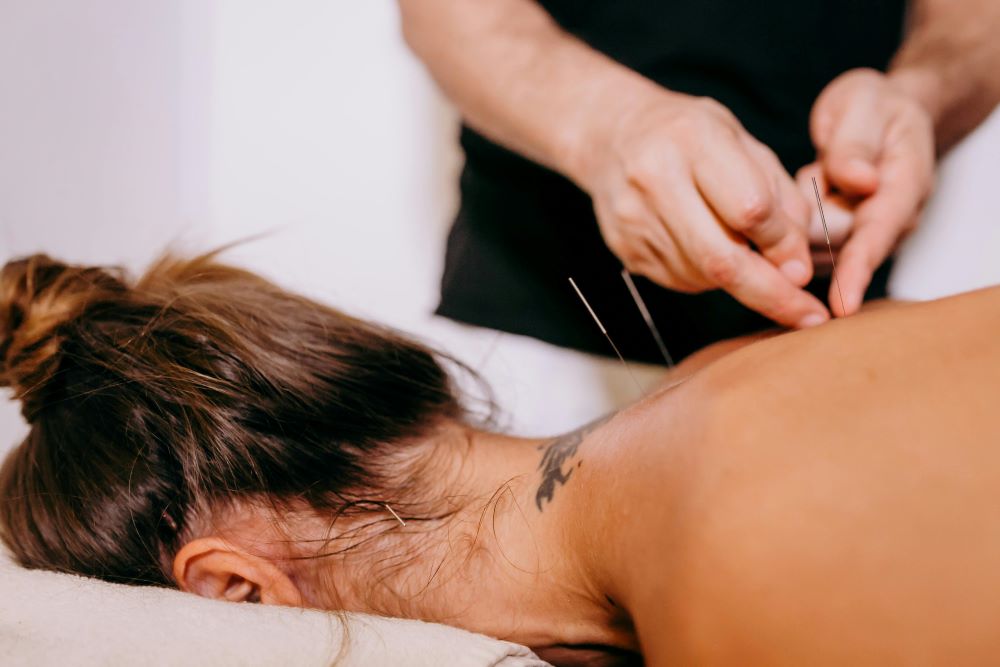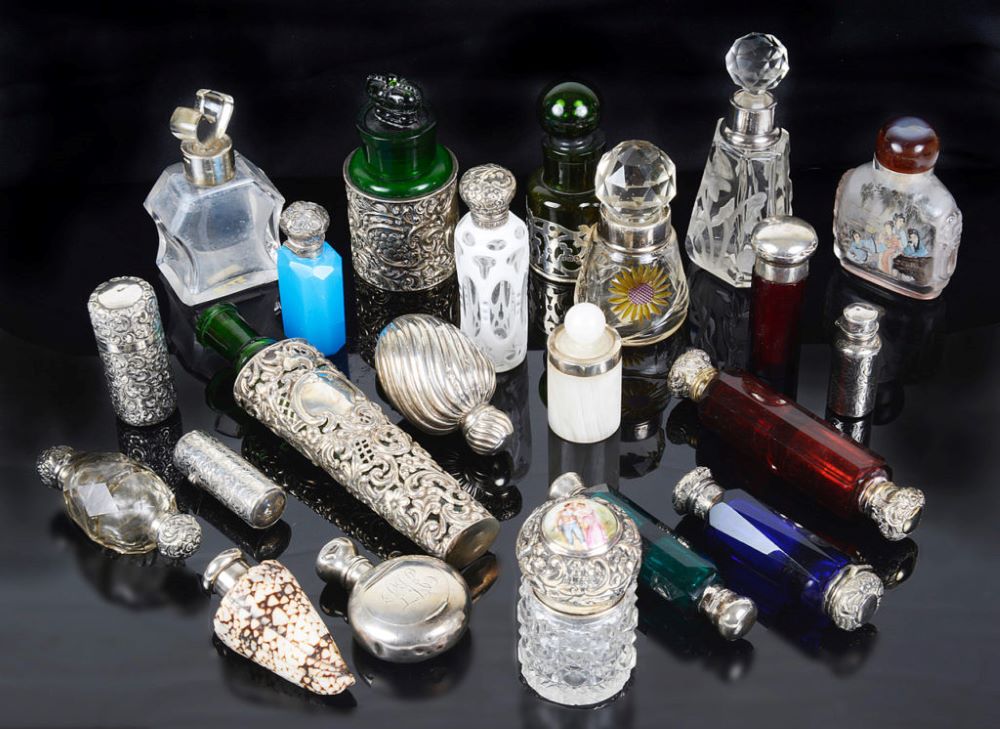Acupuncture is one of the five healing modalities that exist within Traditional Chinese Medicine (TCM). The history of TCM dates back thousands of years, with treatments generally being naturopathic, holistic, and personalized based on specific diagnostic criteria that is different from western medicine.
The first recorded documentation of acupuncture dates back to 100 BCE in a book called, Huangdi Neijing. In this writing, acupuncture is described as an organized system of diagnosis and treatment which focuses on Qi (pronounced chee), or vital energy. Essentially, according to TCM, a person is in good health when yin and yang are balanced, and the flow of Qi is unobstructed and smooth.
Qi flows through meridians, which are an interconnected network that exist along the body. When this flow is obstructed or deficient, one may find themselves feeling unwell, or more susceptible to illness. There are acu-points along these meridians, which when stimulated, correct the imbalance between the yin and yang, and unobstructs Qi.
Effects and Treatments
Eastern medicine, especially TCM, looks at the whole of the person, connected with nature, and helps to find balance within them. This can be particularly useful for those suffering from anxiety as this creates an understanding that anxiety can present itself differently in everyone, and not everyone suffers from the same stressor.
Acupuncturists use sterile, stainless-steel needles to stimulate acupoints along the meridian to alleviate Qi blockages specifically related to anxiety. The needles, once inserted, are then either manipulated by hand, or electric pulse, to pinpoint the exact place in the meridian that is affected.
Studies have shown that patients with generalized anxiety disorder who used acupuncture treatments to help with management, experienced a noticeable decrease in symptoms of anxiety over those who only used medication. Emerging studies are also finding promising results in more specific forms of anxiety such as separation anxiety.
Keep in mind that acupuncture may not work for everyone. Consult your doctor before and during treatment to ensure that the treatments are working as intended.
Studies
Research is still limited in the overall benefits of acupuncture, but the results are promising, especially in animal studies. Many studies have shown that there are positive outcomes when acupuncture is used as a treatment for pain management and generalized anxiety disorder.
However, many existing studies have been determined inconclusive for a variety of reasons. Some only used a small number of participants and did not use specific and repeatable diagnostic criteria for anxiety, so there is no way to know if subjects had generalized anxiety disorder or a more specific anxiety disorder. Also, studies can range on a wide variety of ailments, from anxiety to Parkinson’s, and there are very few studies that can be compared and contrasted. But, despite huge variances in trials, most report positive outcomes for those using acupuncture as a treatment.
Keep in mind, that much of the research being done is through a western lens and western medicine tends to be depersonalized and anatomy focused. So, western researchers are unsure why or how acupuncture works, as well as the extent of what it can be used to treat. It’s also unclear why certain parts of the body react better than others to acupuncture needles, as well as why targeting the same spot can help ease different ailments.
Considerations
While acupuncture is considered to be generally safe, there are still a few things to consider. Always do your research and ask a medical practitioner for a referral to an acupuncturist if you feel this is a type of treatment you’d like to pursue. This way you can ensure that the person you are seeing is certified and is practicing safely.
During or after an acupuncture treatment one may experience bruising, pain, dizziness, bleeding or fainting. If any of these things happen, you may want to consult your doctor to determine if acupuncture is safe for you to continue. Keep in mind that fainting usually only occurs if the patient is afraid of needles.
Also, avoid acupuncture if you have a pacemaker, as some types of acupuncture use electric pulses. If you have a bleeding condition such as hemophilia, you may also want to opt out of this particular treatment.
Lily Frances | Staff Writer










